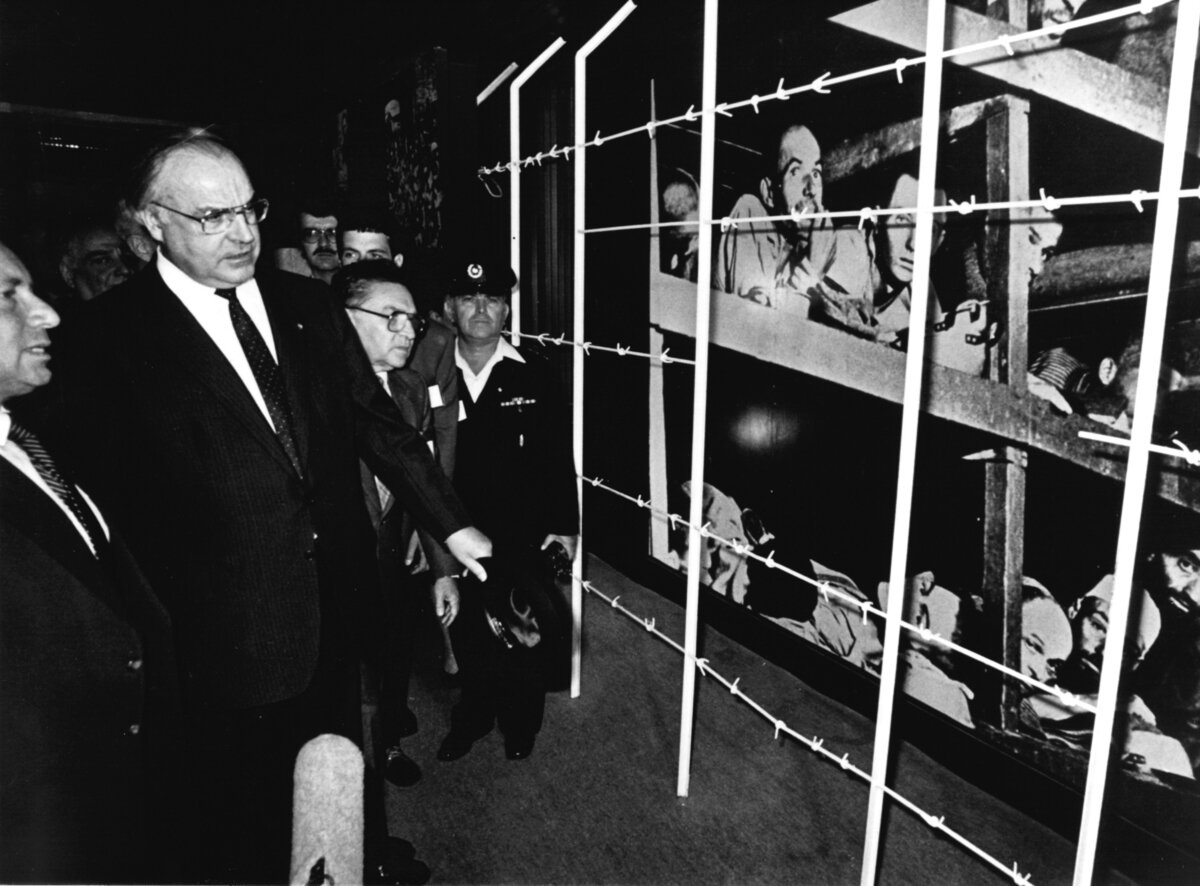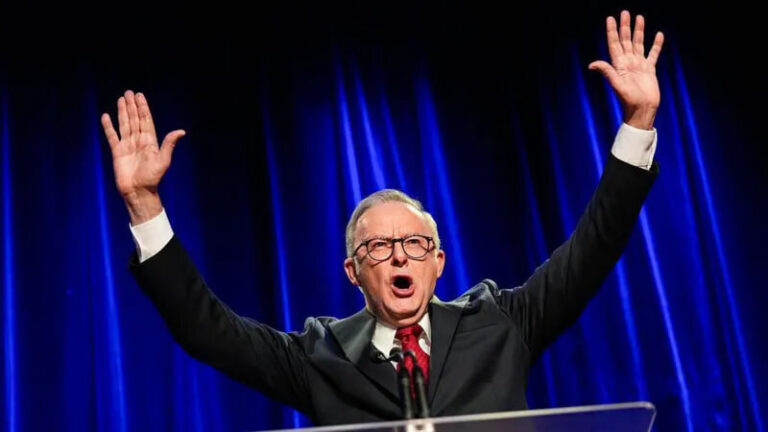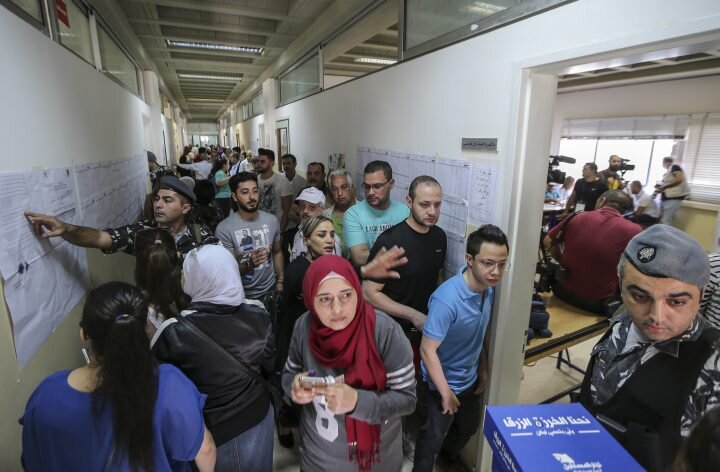Forging Stronger Bonds: The Pragmatic Shift in German-Israeli Relations During the 1980s and 1990s
The relationship between Israel and Germany during the 1980s and 1990s represents a complex and evolving friendship shaped by historical trauma and pragmatic needs. This partnership, rooted in the aftermath of the Holocaust, transitioned from a focus on moral responsibility to one of practical cooperation, influenced by both domestic political dynamics and shifting international landscapes.
The early 1980s marked a period of heightened tension, particularly following the election of Israeli Prime Minister Menachem Begin in 1977. Begin, who was a Holocaust survivor and staunch nationalist, held a deep distrust of Germany. His confrontational exchanges with West German Chancellor Helmut Schmidt reached a low point in 1981 when Germany announced its intention to sell tanks to Saudi Arabia, which was met with strong opposition from Begin.
During this period, Begin publicly criticized Schmidt, referencing his Wehrmacht background and accusing him of failing to comprehend Jewish suffering. This confrontation highlighted the precarious nature of the so-called “special relationship” between Germany and Israel and raised critical questions about Germany’s position between its historical guilt and emerging geopolitical aspirations in the Arab world.
The Venice Declaration and Europeanization of German Policy
One notable event that heightened Israeli concerns was the 1980 Venice Declaration, supported by West Germany and the European Economic Community (EEC). This declaration endorsed Palestinian self-determination and indirectly acknowledged the Palestine Liberation Organization (PLO), actions that Israel perceived as a betrayal. For Germany, this was a step toward the “Europeanization” of its Middle East policy, aiming to collaborate with European partners without showing overt favoritism towards Israel. This inclination towards multilateralism became a defining characteristic of German foreign policy.
The 1982 Lebanon War
The 1982 Lebanon War further complicated the relationship. Israel’s siege of Beirut and the massacre of Palestinians in refugee camps created moral discomfort in Germany. While the West German government remained publicly silent, internal discussions increasingly turned negative. A generational shift was evident, with younger Germans, less burdened by Holocaust guilt, beginning to question Israel’s policies through a human rights lens. This internal debate pushed the boundaries of Germany’s traditional solidarity with Israel and signified a growing willingness to adopt a more independent stance regarding Middle Eastern politics.
The Kohl Era: Pragmatism and Reconciliation
In 1982, a pivotal change occurred with Helmut Kohl assuming the chancellorship. Kohl aimed to normalize German nationalism while maintaining close ties with Israel. His 1984 address to the Knesset, titled “the mercy of late birth,” sparked controversy by suggesting that post-war Germans should not bear the full weight of guilt for Nazi atrocities.
Despite some verbal missteps, Kohl’s administration took significant steps to reinforce German-Israeli relations in practice. Germany emerged as one of Israel’s closest European allies, with both countries expanding their cooperation in areas such as trade, technology, and defense. However, the nature of their relationship evolved; what had initially been defined by guilt and moral responsibility became increasingly driven by mutual interests and practical considerations.
By the 1990s, both nations recognized the need to recalibrate their relationship in light of shifting German policies and Israel’s changing regional dynamics. This decade represented a crucial turning point in German-Israeli relations, transitioning from a burdened past to a more pragmatic and multidimensional partnership.
The 1990s: Reunification, Crisis, and Strategic Partnership
The 1990s were crucial for the development of German-Israeli relations, marked by German reunification, regional changes, and crises that tested trust while fostering closer cooperation rooted in shared commitments to memory and security. The reunification of Germany in 1990 sparked significant anxiety in Israel and among Jewish communities worldwide. Many perceived the division of East and West Germany as a consequence of Nazi crimes, and reunification raised fears of a resurgence of German nationalism.
In a symbolic gesture of reconciliation, East Germany’s parliament formally accepted responsibility for Nazi crimes in April 1990 and apologized for its previous anti-Israel policies. A visit by representatives from both German parliaments to Israel signaled a new willingness to confront history and rebuild trust.
This reunification renewed Germany’s commitment to upholding its moral and political obligations to Israel, while Israel viewed it as a test of Germany’s democratic maturity and its ability to reconcile with its past while looking towards the future.
The Persian Gulf War and “Historical Responsibility”
Tensions resurfaced during the 1991 Persian Gulf War when it was revealed that some German companies had supplied Iraq with materials that could be used in warfare. This revelation raised alarms in Israel regarding the potential for chemical attacks, evoking painful memories from the Holocaust among survivors. In response to growing fears, German Foreign Minister Hans-Dietrich Genscher visited Jerusalem, and Germany later provided Israel with two submarines.
This incident reinforced the concept of historische Verantwortung, or historical responsibility, which became a cornerstone of Germany’s foreign policy towards Israel. However, it also highlighted the limits of this commitment, as business interests sometimes jeopardized sensitive technologies that could fall into the hands of Israel’s adversaries.
Throughout the 1990s, Germany sought to strengthen its ties in the Middle East, often acting as a mediator between Israel and its neighbors. While these efforts demonstrated Germany’s ambition to serve as a bridge-builder in the region, they also raised concerns in Israel regarding Germany’s willingness to engage with hostile nations.
The Essen Declaration and Israel’s Special Status in Europe
A significant milestone occurred in December 1994 with the Essen Declaration, when Chancellor Helmut Kohl successfully secured special status for Israel within the European Union. This status granted Israel enhanced access to European markets and political opportunities, reaffirming Germany’s commitment to Israel’s security and its role in Europe.
Despite these advancements, tensions persisted. The Holocaust remains a central element in German-Israeli relations, with German leaders consistently emphasizing the importance of Israel’s security for Germany. Nonetheless, this support was not unwavering, as Germany began to openly criticize Israel’s settlement policies, indicating a shift towards a more law-based and human rights-oriented foreign policy approach.
Generational Change and Civil Society
The evolving relationship was also influenced by generational changes, as the memories of the Holocaust began to fade. Younger Germans and Israelis sought new avenues for connection through cultural, educational, and community initiatives. However, this shift also sparked disagreements regarding memory, identity, and the extent of permissible criticism.
The Europeanization of German Policy
Germany’s increasing involvement in the European Union further transformed its relationship with Israel. As it aligned its Middle East perspectives with broader European views, Germany’s unique bond with Israel became less distinct. By the late 1990s, German-Israeli relations had undergone significant transformation, evolving from a history marked by guilt and trauma into a practical partnership. Germany emerged as Israel’s strongest ally in Europe, a pivotal player within the EU, and a partner in both crises and peace efforts.
This evolving relationship continues to be shaped by historical context, changing identities, and the dynamics of an ever-shifting global landscape, balancing the weight of memory with the realities of contemporary politics.






